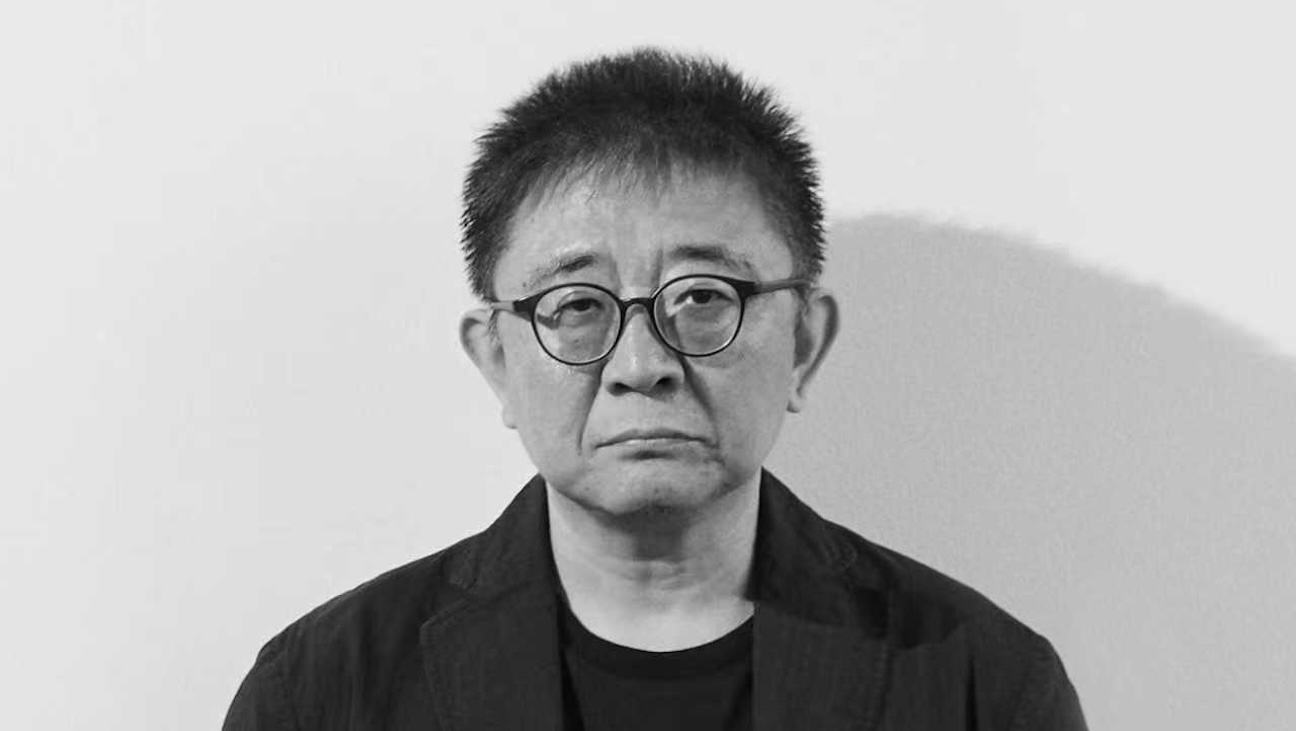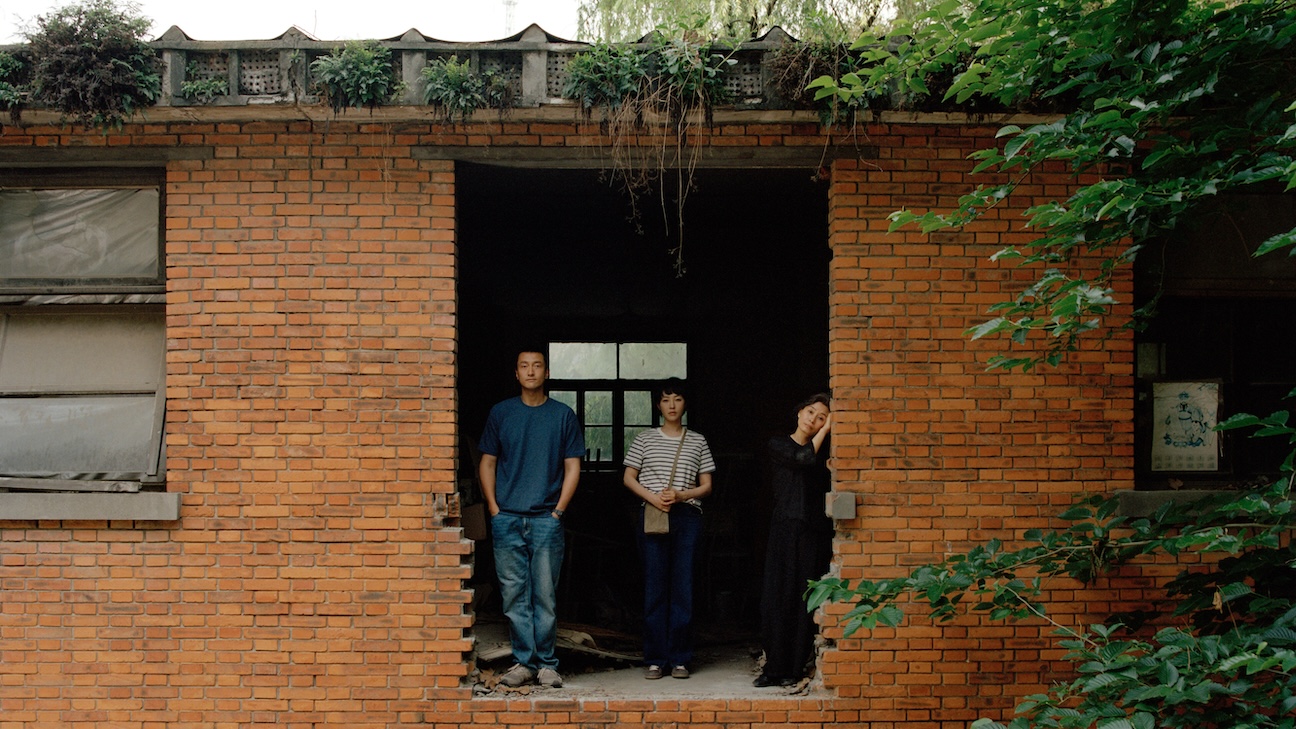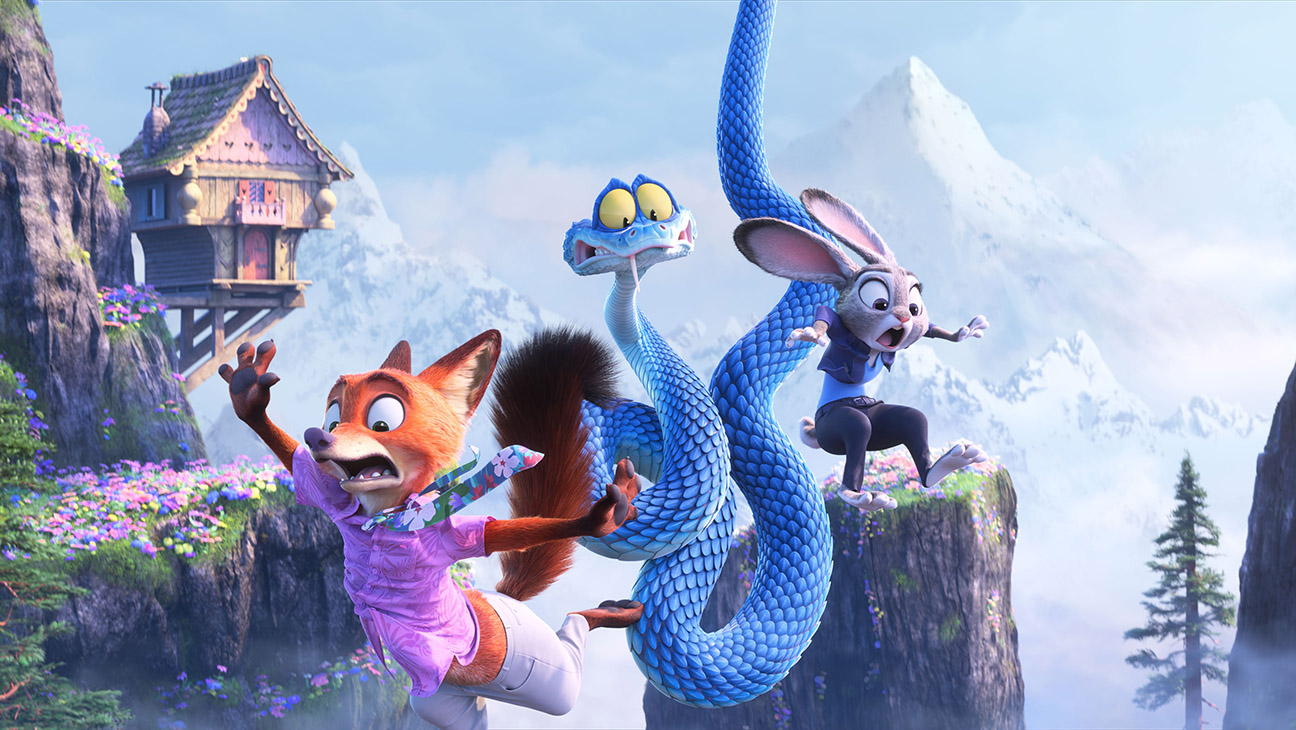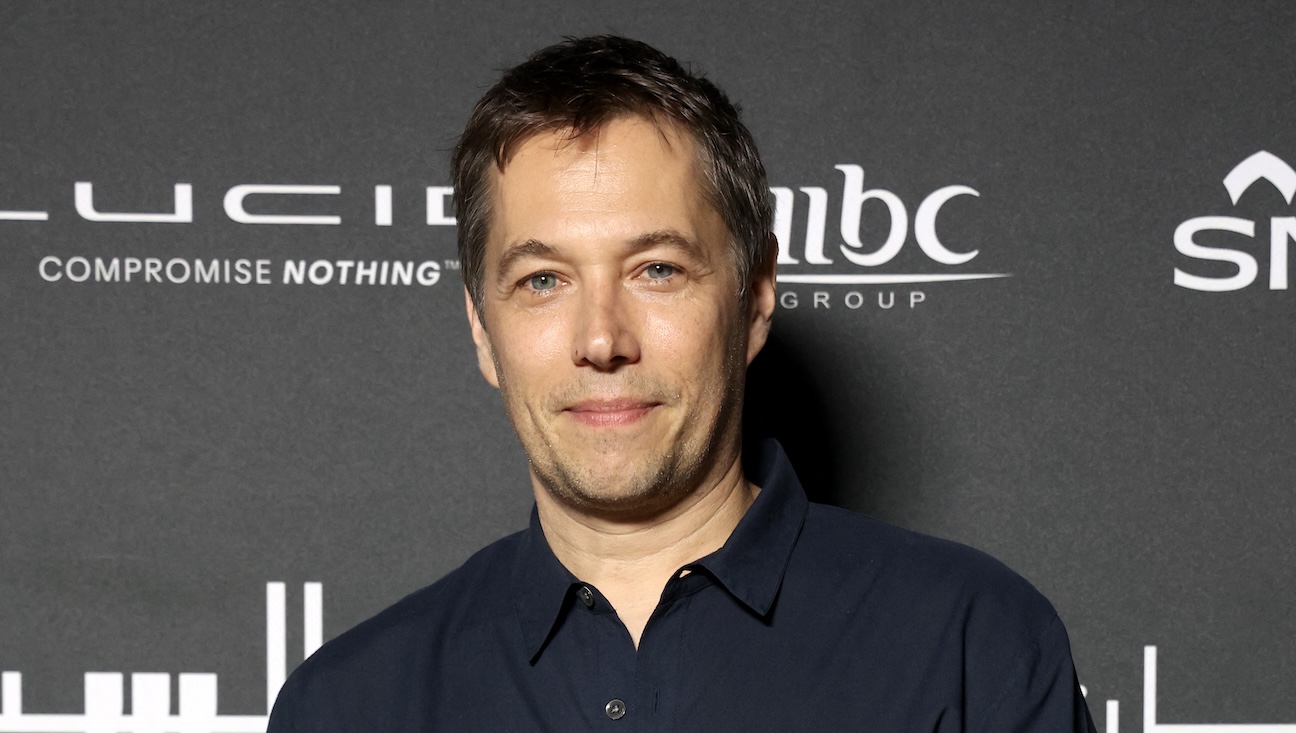Fresh from taking home the Busan International Film Festival’s inaugural best film award for Gloaming in Luomo in October, Korean-Chinese director Zhang Lu brings its sister piece, Mothertongue, across the water to premiere in the Tokyo International Film Festival’s main competition. The two productions were shot one after another at locations a few hours apart, share lead actors, themes, and even the odd costume.
Mothertongue, which was completed first, follows struggling actress Haruki (Bai Baihe) as she returns to her hometown after a decade in Beijing, her inability to speak her native dialect fluently adding to her feelings of alienation and loneliness. She visits her old drama teacher (Liu Dan), who suffers bouts of senility, but whose son (Wang Chuanjun) helps her feel more grounded and reconnected.
A former author and professor of literature, Zhang spoke to The Hollywood Reporter via Zoom before the festival to talk about his approach to making the two films.
Firstly, congratulations on the win at Busan. Does it feel particularly significant because it was the festival’s inaugural competition?
Winning an award is, of course, something to be happy about but not something to take too seriously. Getting an award doesn’t mean I’m better than others, and not winning doesn’t mean I’m worse than others are — it’s mostly luck.
Is it true you became a film director after making a bet that anybody could do it?
That story about the bet is true — but that was just a catalyst. When I think about it, the impulse was already there. Since I was a child, I’ve been sensitive to sound and images, though I didn’t realize then that I could make a living from them. That bet simply gave me a push to discover that possibility.

You previously said you had divorced literature and married cinema, but how much do you feel you’ve brought with you from your days as a writer?
You could say I divorced literature and married cinema but really it was just a change of jobs. And just as with any marriage, there had to be a foundation of love, so even after you remarry, the love from the first one lingers and shapes the later ones. Who knows, maybe one day I’ll reconcile with my first “marriage.” I shouldn’t say that in front of my current wife (laughs). Writing and filmmaking share the same foundation: emotion. When I write, I face emotion; when I make films, I face emotion too. The methods differ, but the core is the same.
In your latest two films and your earlier works, there is a recurring theme of crossing borders, other places, being an outsider – sometimes even in one’s hometown. How much of that comes from your experiences of being Korean-Chinese and later moving to South Korea?
Perhaps it’s a kind of destiny. I’m descended from immigrants: my grandparents moved from Korea to China. Even within China, I was always on the move, and later I spent ten years teaching in South Korea. I’ve lived most of my life in constant motion, in unsettled environments. It’s not that I deliberately choose to make films about migration or rootlessness. These themes surface naturally, maybe even unconsciously. You could call it fate. I almost believe that the road of a wanderer has no end. That rhythm of movement is already inside me. Different spaces make me feel time differently, and that rhythm inevitably shapes what I create.
It’s almost a cliché to say that a city or a town is like a character in the story, but the sense of place does feel extremely important in both films.
Looking back, I realize none of my films began with a story or a character. Every one of them started from a space that drew me in. Only after being moved by that particular space can I begin to imagine the people and the story that might exist there. In that sense, space determines people; it shapes the most essential part of who they are.
What was it about Luomo and Mount Emei that caught your imagination?
After finishing Mothertongue, I was exhausted and planned to rest for a few days near Mount Emei, a couple of hours drive away. On the way there, I passed through Luomu, and the air there captivated me. I ended up staying three days and never even made it up the mountain. Luomu itself carries a strong sense of history. People have lived there for more than three thousand years—since the Shang dynasty — and it flourished during the Tang dynasty, around fourteen hundred years ago. Now, though, the town is almost empty; only a few elderly residents remain. Standing there, you can still feel the traces of all those past generations who once thrived, loved, and gradually faded away. When a place allows me to sense that passage of time and human life — when I can grasp the marks left by both — that’s usually where I start to make a film.
They feel very much like a pair of films.
The Mothertongue shoot, which we had just wrapped, had gone beautifully. But when I stopped at Luomu, something about the place made me feel there was a love story hidden there. So, I phoned the three lead actors: Bai Baihe, Liu Dan, and Wang Chuanjun. I told them: “I don’t know what the story is yet, I don’t even know exactly what I want to do, but I really want to make another film here right away.” By chance, Bai and Liu were free, though Wang had joined another production. I asked the two of them to come; Wang appears in Gloaming in Luomu only briefly, like a ghost, mostly through his voice. Because the idea came so suddenly, we had nothing more than a single-page outline. But we’d just come off a film together and trusted one another completely, so we shot Gloaming inLuomu on that basis—building from that one page and our shared experience. Many of the costumes were reused from Mothertongue. I believe that when you move from one space or time into another, the emotions from the previous one inevitably carry over. I admire directors who can make completely different films one after another, all distinct. I can’t do that. My previous feelings always leave traces in the next work; they’re linked.
The dialogue between characters feels extremely natural, how do you achieve that?
Mothertongue was just a few pages of treatment, and Luomu just one page. Because we began with something so loose and incomplete, the filming itself became an ongoing act of discovery. When you start from a finished script, everyone — the director and actors alike — works to fulfil that predetermined goal. But when you start from something open, undefined, the actors respond instinctively, and each person brings out their own most vital energy. Our “goal” becomes almost transparent, allowing real intuition to guide us. I think that’s why those moments of human connection in the films feel so alive. Most of what you see on screen was created on set. We’d discuss lines, movements, and emotional beats together as we went. After I finished editing, I asked my assistant director to write out the screenplay based on the final cut. All of this depends on absolute trust. We have to feel like family — people who live together without scripting each day in advance. Families don’t plan every action, yet they still manage to live harmoniously. It’s the same on set: when there’s deep mutual trust, the film can breathe.
Those human interactions rather than traditional narrative are the core of the films; would you consider filming a conventional story?
I’ve always been skeptical of perfectly complete narratives. Only within the small, specific interactions between people can you glimpse a person’s genuine rhythm and true emotions. A complete narrative, in a sense, is something frozen, dead. Interaction, by contrast, is fleeting and ever-changing. In those spontaneous encounters you can meet unexpected sadness, joy, or anger. That’s why I keep my distance from rigid storylines. But to give myself an out: maybe one day I’ll betray myself and shoot a perfectly structured film. Though that would probably take a huge amount of money.
I don’t really know how much but the more the better (laughs).





